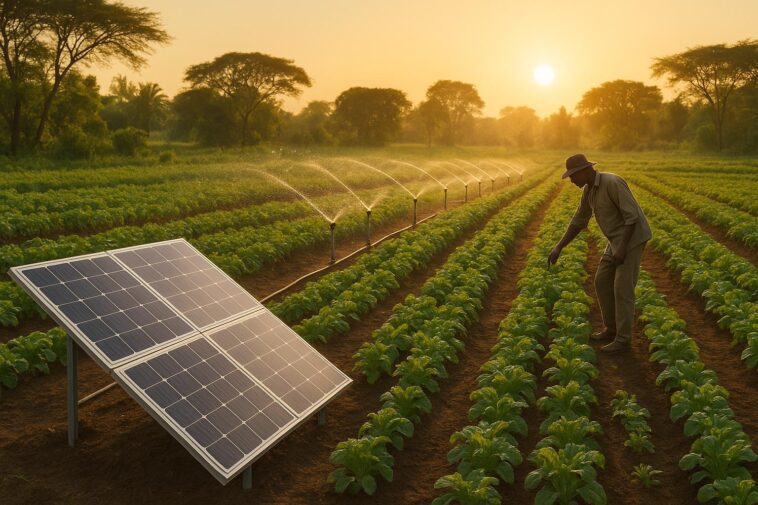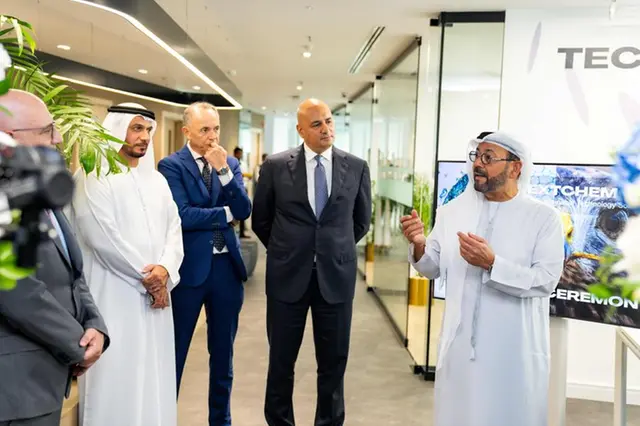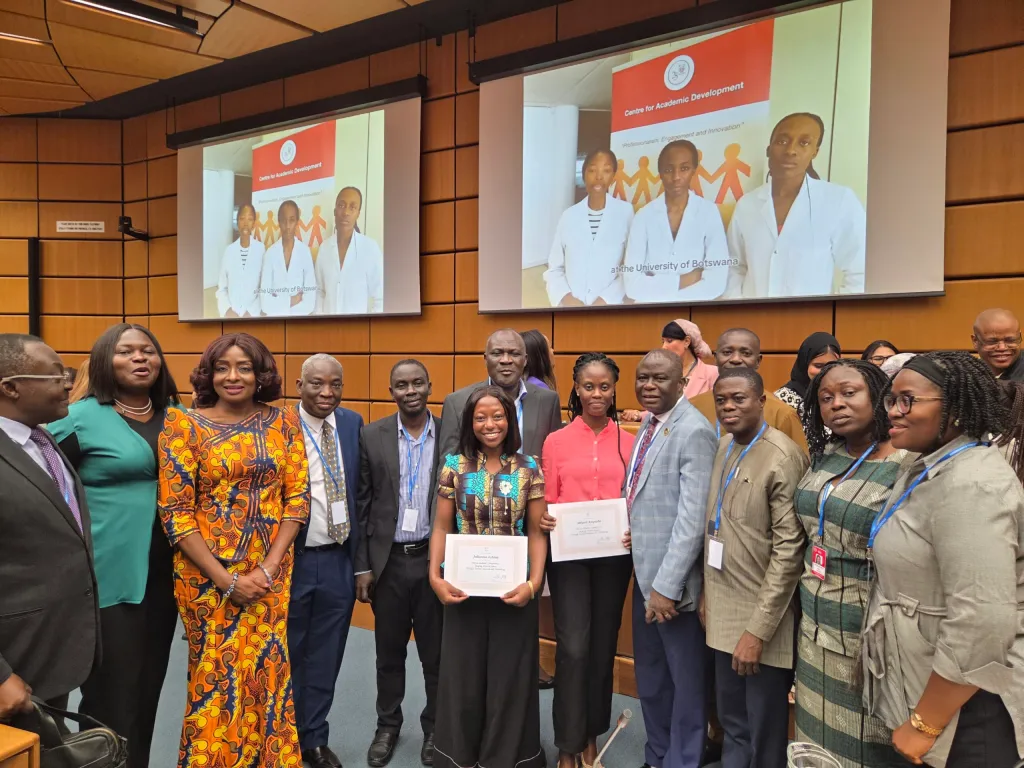Energy Other

Top 7 Solar Irrigation Startups in Africa

A new wave of startups is revolutionizing agriculture in Africa by deploying solar-powered irrigation systems. These companies are directly addressing the challenges of water scarcity and unpredictable rainfall, creating pathways for increased agricultural output, reduced CO₂ emissions, and improved livelihoods for smallholder farmers. By making this technology accessible and affordable, they are enabling a significant shift away from costly and polluting diesel pumps.
The impact is profound. Data from leading players in the sector indicate that a remarkable 90% of farmers using these systems report increased crop production, while 87% have seen significant cost savings. The benefits extend beyond economics; these solutions save households valuable time—roughly 17 hours per week in some cases—that was previously spent collecting water, a change that particularly benefits women and children. Furthermore, by displacing fossil-fuel pumps, these technologies are making a tangible contribution to climate goals.
Leading Innovators in the Sector
A number of startups have emerged as key players, each with a distinct approach to technology and market expansion:
SunCulture: A standout in dedicated solar irrigation, SunCulture has served over 45,000 smallholder farmers across Kenya, Uganda, Ivory Coast, and others. Its growth, fueled by over $47 million in funding, is driven by a "pay-as-you-grow" financing model that makes its versatile drip and sprinkler systems affordable. The company reports that its solutions have already offset over 54,000 tons of CO₂ emissions.
M-KOPA: Leveraging its highly successful pay-as-you-go (PAYG) platform, M-KOPA has expanded from solar home systems to offer solar irrigation kits. With operations in Kenya, Uganda, Nigeria, and Ghana, the company has reached over one million customers. Its model allows farmers to acquire systems with a small deposit and pay in manageable installments via mobile money, making the technology immediately cost-effective compared to ongoing diesel costs.
WeLight: This company takes a community-scale approach by implementing solar mini-grids that power entire villages, including multiple irrigation pumps and agro-processing facilities. With $200 million in funding, its pan-African projects, such as a major rural electrification initiative in Nigeria, provide a centralized power source that reduces individual costs and fosters broader economic development.
Hydrobox: Hydrobox offers a unique solution with its modular, containerized solar and hydropower systems. Designed for quick deployment in remote areas, a single unit in Kenya’s Murang’a County provided irrigation for over 300 farmers and increased crop yields by up to 40% in its first year, demonstrating the powerful impact of reliable, community-shared energy.
Wetility: Focusing on smart energy management, Wetility’s digital platform combines solar generation with real-time monitoring, allowing farmers to optimize irrigation schedules. Based in South Africa and backed by $48 million, its flexible payment plans are tailored to align with seasonal income cycles.
Enabling Widespread Adoption Through Innovative Financing
A critical factor in the success of these companies is their innovative approach to financing. The high upfront cost of solar systems has traditionally been a major barrier. Startups have overcome this through models like PAYG and "pay-as-you-grow," which allow farmers to pay for the technology in small installments as their productivity and income increase. This approach, often facilitated by mobile money platforms, has been instrumental in driving adoption among low-income farmers.
Substantial Market Potential and Future Outlook
The potential for growth is immense. For instance, in Ghana alone, an estimated 2.3 million hectares of land are suitable for solar pumping, highlighting the vast opportunity across the continent. The sector has also attracted significant investment, with African agritech startups securing over $640 million in funding in a single year.
As these startups continue to refine their technologies and expand their geographic reach, they are not only boosting farm incomes and food security but also paving the way for a more resilient, productive, and sustainable agricultural future for Africa.












